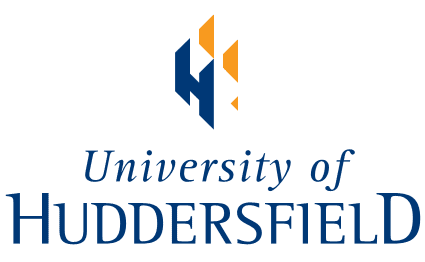The training year starts each September and runs until the end of the Summer term. It is a rigorous and practical route leading to the award of QTS. Our programme enables trainees to develop a wide range of teaching skills, to reflect on their practice, and to demonstrate from the school and complementary training experiences that they meet the requirements of the professional standards for teaching.
Training
The Training Programme is designed around the ITT Core Content Framework and the needs of individual trainees, so that trainees learn and develop high quality professional knowledge, skills and understanding. The training programme also has key elements. All trainees then learn how to develop that learning with a range of opportunities to underpin their practice.
You’re in school from the first day of term, seen as a staff member by everyone. You’re in one school four days a week to the end of the school year, spending part of Spring term at a contrasting school. One day a week you’ll be at our central venue alongside other trainees, sharing and learning from each other’s experiences. Our model enables you to experience a full year in school and fully appreciate the demands/rewards that brings.
Working alongside a mentor, trainees evaluate their ongoing level of knowledge, skills and experience and record this development in their weekly Reflective Journal. This will involve observing outstanding practitioners teachers and training activities leading to delivering whole class teaching.
Your core training is extremely diverse from theoretical input to observing excellent practice. We support our trainees throughout their training year, enabling them to be fully prepared for teaching during their training and beyond.
We’re one of a few providers who are fully supported by their local authority learning partners specialising across different education areas.
Assessment
In order to gain Qualified Teacher Status (QTS) trainees have to be judged competent against the Teacher Standards.
Formative assessment comprises of:
– 6 Half-termly Tutor visit reports
– 3 termly Assessment Point reports
– 2nd placement Assessment Point report
– SCITT tasks and 2 Assignments
– Weekly mentor meeting with targets set
Secondary trainees will also benefit from specific Subject days, giving them the opportunity to further enhance their subject knowledge. By the end of the training year they will be fully equipped to deliver their subject from Year 7 to 11 including the GCSE specifications.
We work hard to create a reduced workload approach to assessment, basing many of our judgements on professional dialogue – not paper trails. Assessment is based upon day-to-day practice and should complement your teaching and reduce the amount of additional work required.
Our moderation report (2023) said…
It is very clear that all members of the Kirklees and Calderdale SCITT feel a shared responsibility for the development of new teachers and there is a strong cohesive education philosophy that underlies the training programme. The partnership is a close-knit community of schools and educators across which trainees, mentors and professional tutors build positive and productive working relationships. Communication across the partnership is a strength. Trainees feel supported from the moment they start the programme. The programme is producing teachers who are highly motivated and passionate about ensuring that children get the best possible education. The SCITT provides trainees with a broad range of contrasting school placement experiences, including schools in challenging socio-economic circumstances. Trainees highly value the support the partnership provides. They greatly appreciate the providers’ quick responses to feedback. Trainees praise all those involved in the course programme. They appreciate the high level of care and attention that they are 5 given, both at the centre and when on placements. Trainees are very appreciative of the committed professional and pastoral support they receive from tutors, mentors, and other school colleagues. They demonstrate that they are well prepared for their first year of teaching.
The Award of Qualified Teacher Status
Trainees will be assessed against the Teaching Standards for teaching leading to the award of Qualified Teacher Status (QTS). Meeting the standards is a requirement for all trainee teachers, regardless of the ITT route. The standards form the basis for assessments and judgements which are made regularly throughout the programme and in a summative assessment towards the conclusion of the training period.
Kirklees & Calderdale SCITT is responsible for monitoring the trainee, along with the school, and for the final assessment and recommendation for Qualified Teacher Status. The successful trainee is recommended for QTS through our accrediting body Huddersfield Horizon SCITT.
THE AWARD OF PGCE
The School of Education and Professional Development is responsible for two M level modules during their training year, leading to the award of Postgraduate Certificate Education.
Module 1 – Evidence Based Practice (30 Credits)
This module will focus on the development of trainees’ practice in relation to behaviour management. Assessment is based on a portfolio of evidence of your work in the classroom and a written reflection of the development of their practice in this area.
Module 2 – Curriculum Development (30 Credits)
This module provides a structured opportunity for trainees to develop innovative and original curriculum resources. It develops and extends trainees’ understanding of progression, and their ability to plan teaching and learning in relation to either subject matter, use of technology or a particular teaching strategy related to either subject matter, use of technology or a particular teaching strategy related to current educational initiatives. Assessment is based on the development and evaluation of a unit of work undertaken with pupils in the placement school.
We also offer trainees the option to enhance their training and obtain the PGCE qualification through the University of Huddersfield.
Find out more about the Postgraduate Certificate in Education here.

